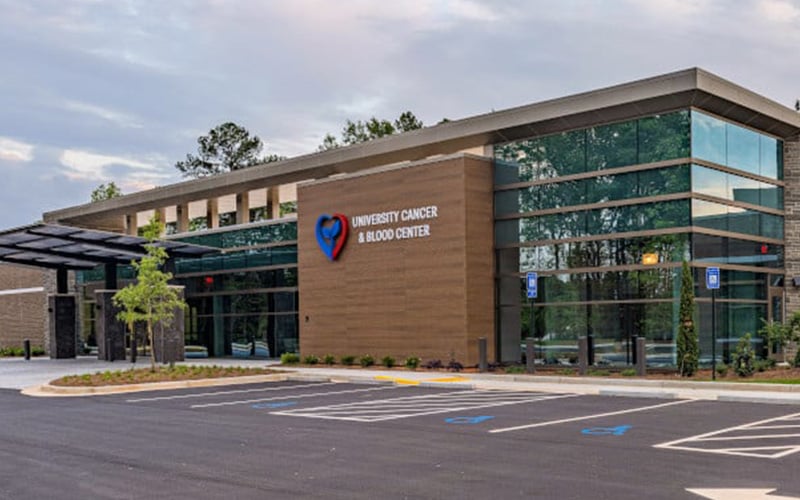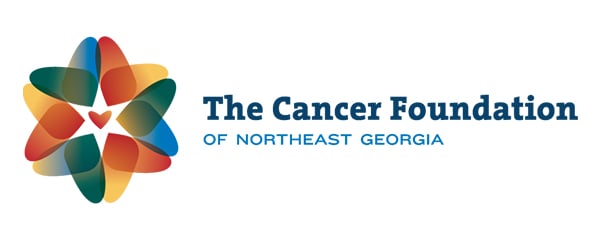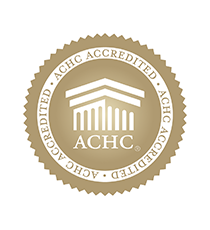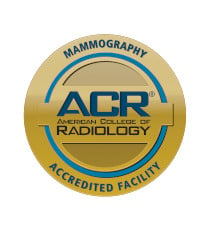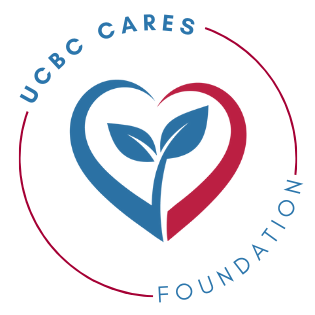For many people, a new year invites the perfect opportunity to reevaluate habits with the goal of improving health. Oftentimes, resolutions rooted in wellness, such as eating healthier or exercising more, have far-reaching benefits that may include cancer prevention by default.
It’s also possible to take a more intentional approach and specifically set your resolutions with cancer prevention in mind. Here are some ways to extend your resolutions in a way that considers cancer risks.
1. Avoid Tobacco
There are dozens of compelling reasons to quit smoking. Quitting is linked to better overall health as well as a reduced risk of chronic illnesses such as cardiovascular disease, chronic obstructive pulmonary disease (COPD), and of course, lung cancer. Take your lung health a step further by scheduling a lung screening, which is recommended if you’re between the ages of 50 and 80, currently smoke or have smoked in the last 15 years, and have smoked the equivalent of a pack a day for 20 years, two packs a day for 10 years, or similar.
2. Get Your Thyroid Checked
Many people set out to exercise more and eat a nutritional diet to maintain a healthy weight during the new year. When you’ve been putting in meaningful efforts for several weeks or months and you’re not seeing results, it’s time to investigate.
Weight challenges, as well as issues like brittle nails, dry skin, and fatigue, could be indicative of a thyroid condition — possibly one as serious as thyroid cancer. Fortunately, most types of thyroid cancer can be cured. Thyroid checks involve a simple blood test, so talk to your primary care provider about scheduling lab work.
3. Prioritize Gut Health
Your gastrointestinal system houses trillions of microbes, all of which play a role in other aspects of health throughout your body, including promoting immunity and controlling inflammation. Many of the steps you can take to support gut health align with common sense practices for better nutrition overall, including eating more produce and cutting back on artificial ingredients.
Another way to care for your intestines is to schedule your colonoscopy. An important routine test, this cancer screening can detect colorectal cancer when it’s small, before it’s spread, and when it’s likely easier to treat. Most people should start screenings at the age of 45, though recommendations vary based on each person’s health history and other individual factors.
4. Protect Against Skin Cancer
If keeping up with your skin care routine is on your list of resolutions this year, incorporate cancer prevention into your regimen with daily SPF application. While you can’t undo sun damage that’s already present, you can protect your skin against future UV damage with a broad spectrum sunscreen with an SPF of 15 or higher. And, be sure to schedule your annual skin cancer screening with your dermatologist. They’ll check for any irregular moles or other issues that may need to be addressed.
5. Stay Up-to-Date on Vaccines
You already know to stay up-to-date on vaccines for illnesses like the flu and COVID-19, but it’s also a good idea to discuss prevention for other diseases with your provider. For example, adults who come into regular contact with body fluids face a greater risk of Hepatitis B, which could lead to liver cancer. But a vaccination can protect you. Similarly, you may be a candidate for the HPV vaccine (if you haven’t already received it), which can reduce the risk of cervical cancer.
University Cancer & Blood Center offers the most advanced cancer care available with personalized care and compassion. Find out more about how we can help by contacting us online or by calling 706-353-2990 to schedule an appointment.









